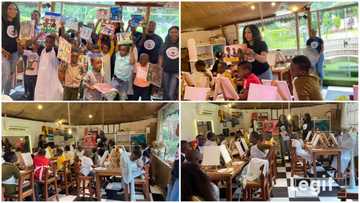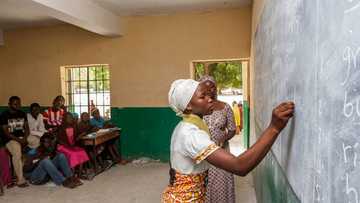What is a child-friendly school environment? Definition, principles, objectives
Schooling is one of the experiences that unify children in the world. It is also the primary way numerous societies prepare their children for the future. Like other institutions, schools vary greatly in structure, facilities, and education quality. As a result, the child-friendly school (CFS) model was developed by UNICEF to try and make learning opportunities equal.

Source: UGC
The model is premised on the idea that a school can and should operate in the child's best interests. A learning environment must be well-staffed, safe, and have adequate resources for conducive learning.
What are the characteristics of a child-friendly school?
Here is a look at the two primary traits of a CFS.
It is child-seeking
This means that the school actively seeks, identifies, and enrols excluded children of school-going age. It also means the school treats children as people with rights and acts as a supervisory body to ensure these rights are met.
PAY ATTENTION: Subscribe to Digital Talk newsletter to receive must-know business stories and succeed BIG!
It is child-centred
A CFS should act in the child's best interests, facilitating their dreams and helping them realize their potential. The institution is concerned with the 'whole child, including their wellbeing, nutritional status, and health. A child-friendly school seeks to know what happens to a child in the community before and after they have attended school.
What are the principles of a child-friendly school?
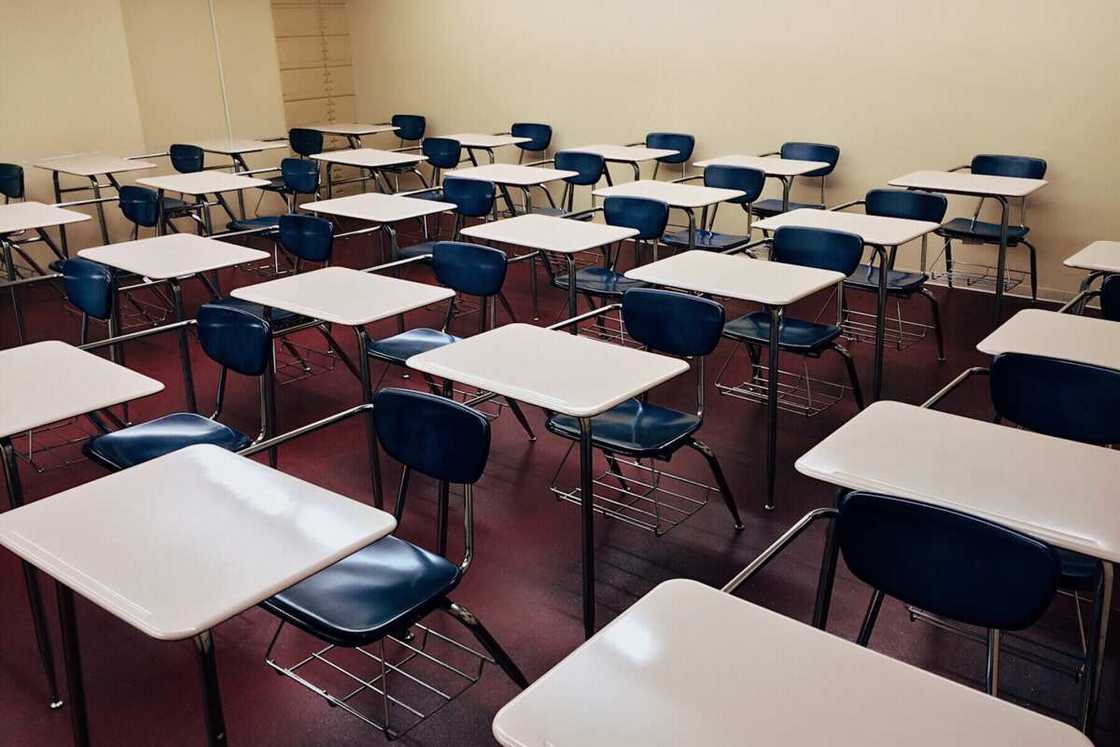
Source: UGC
When trying to figure out how to create a child-friendly school, one must consider numerous attributes. A rights-based, child-friendly school must have a learning environment characterized by several essential aspects and guided by certain principles. Here is a look.
Inclusivity
This means that the school staff should never discriminate, exclude, and stereotype children based on their differences. Education should be free, compulsory, and affordable for those who are unable to pay for school.
The inclusive institution should respect the diversity of its students and treat them all equal, without discrimination towards female students, children who work, students who belong to ethnic minorities, those kids who have HIV/AIDS disease, physically challenged students, and victims of violence and exploitation.
Besides that, the CFS should be responsive to diversity by providing children with basic needs based on their social class, gender, ethnic group, and level of abilities.
Gender-sensitivity
In a CFS, gender equality should be promoted and encouraged, and any kinds of gender-based stereotypes eliminated. All the facilities, textbooks, and processes should be gender-friendly, and teachers should not normalize violence among boys.
Respecting the equality and rights of all people regardless of gender or other biases should be strongly encouraged for a good learning environment.
Involvement
This means that the school must promote children's participation in all the school life aspects. This includes helping children to establish healthy relationships with their parents and encouraging their participation in their local communities.
Effectiveness
A child-friendly educational institution should provide high-quality education and learning processes must be appropriate for every child's level of development, learning style, and abilities. The learning methods must be cooperative, active, and democratic. The school should also provide the necessary materials and resources for learning.
This institution must enhance the morale, status, capacity, commitment, and teachers' income, as well as the staff's recognition of children's rights. In addition, quality learning should be promoted by helping children out with their studies and teaching them useful learning techniques.
Protective
This means that the school is responsible for establishing a safe and healthy environment that meets sanitary standards. An institution needs to ensure that health guidelines are met by banning forbidden substances, harassment, and bullying. Additionally, counselling should be readily available for every child.
A CFS is also required to have health education classes based on life skills. The physical and emotional health of students and teachers must be taken care of. Children must be protected from any kind of harm and abuse. These steps are meant to paint a positive picture of schooling in children's minds.
What are the facilities required in a child-friendly school?
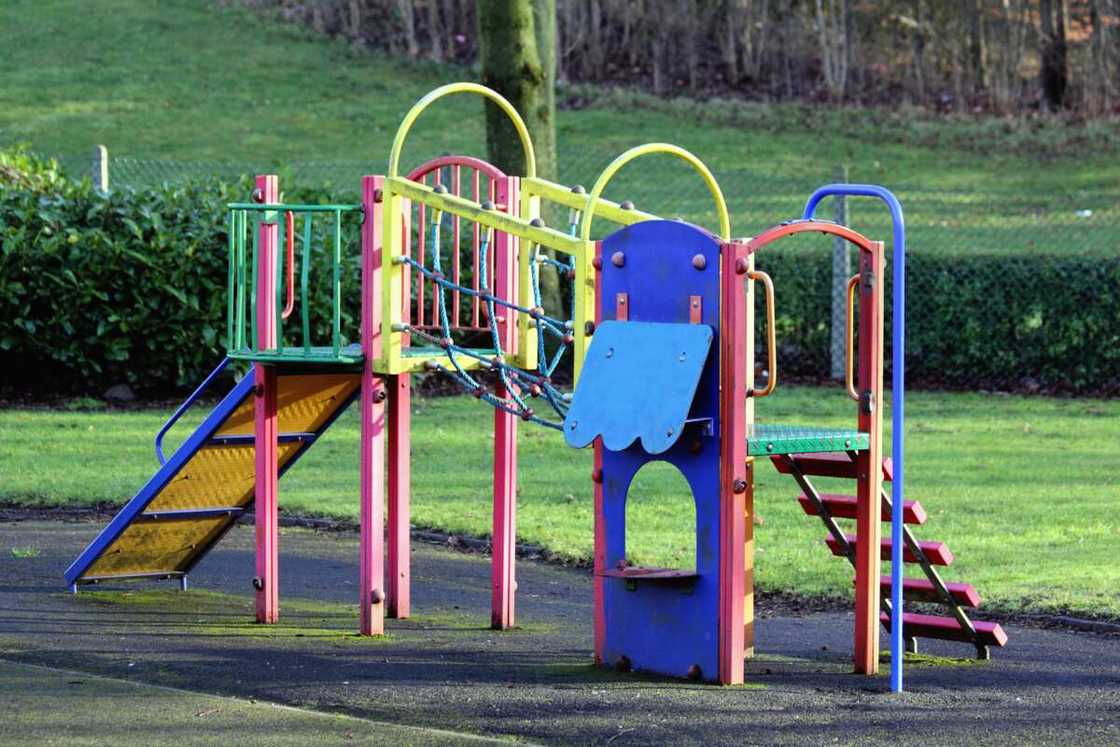
Source: UGC
Here are the necessary facilities that must be present in a CFS.
- Hygiene facilities: There must be basic provisions for cleaning, such as water and soap. These must be available all the time and must be simple enough to be used by all children.
- Appropriate adjustments for children: In most schools, there are often children who are smaller and physically weaker than the rest. This means facilities such as doors must have adjustments that make them easy to use for such children.
- Gender-related facilities: Female and male children should not share washroom facilities in a child-friendly school.
- Learning and playing facilities: There must be ample, accessible, and usable learning and playing facilities in a CFS.
- Health facilities: A CFS should have medical facilities that can cater to the children's basic medical needs.
Goals of a child-friendly school
Here are the primary objectives of a child-friendly school.
- Encouraging enrolment and completion.
- Encouraging the child's participation in learning and community
- Enhancing the child's health and wellbeing
- Ensuring the child's academic achievement and success
- Guaranteeing protective and safe spaces for the child
- Mobilizing the community's support for education
- Raising teachers' motivation and morale
What is a child-friendly program?
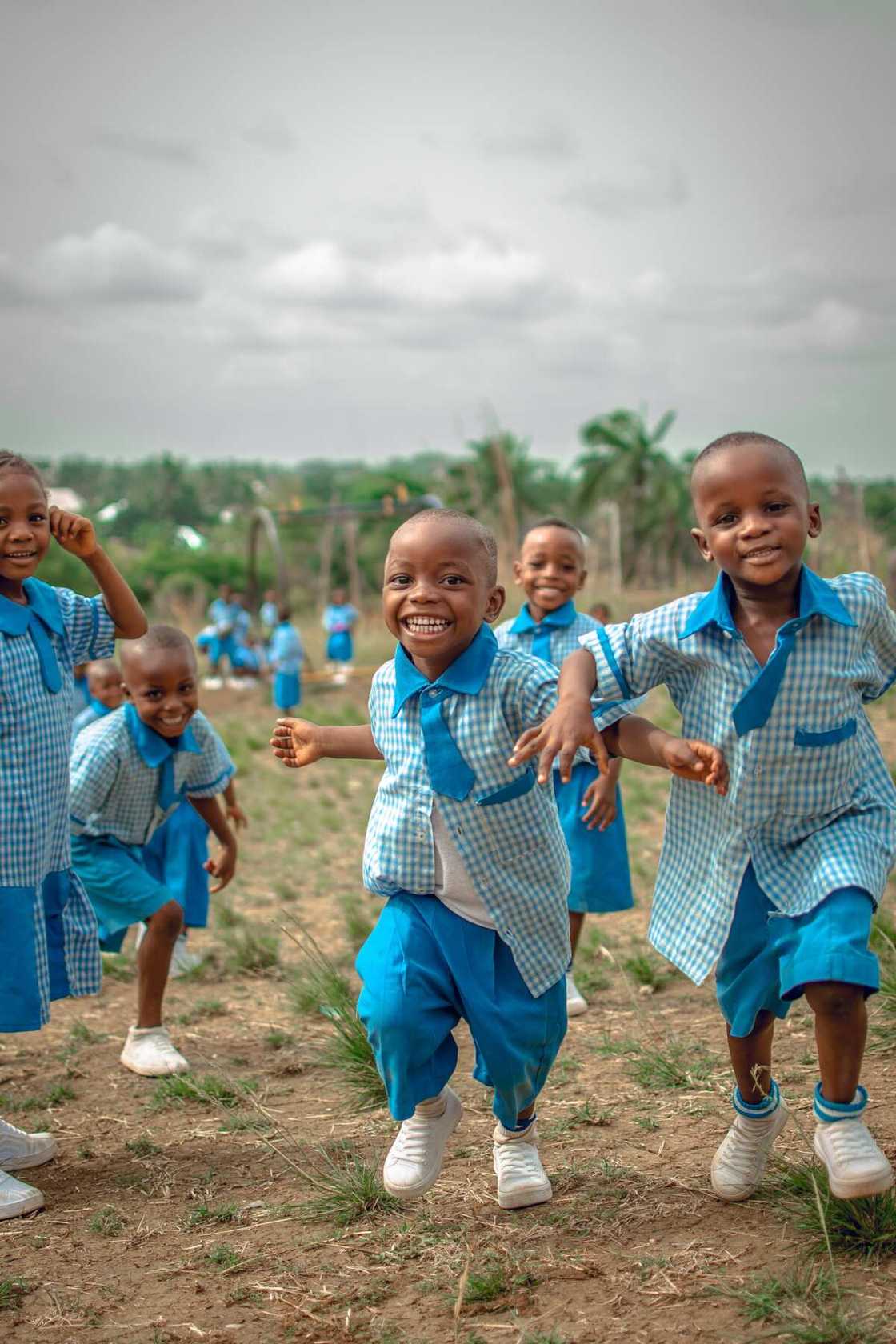
Source: UGC
A child-friendly program is one that recognizes the rights of children regardless of their gender, religious and ethnic affliction, physical and mental abilities, and any other inferences. The concept was introduced in 1999 by the Education Section of UNICEF.
What are the principles of a child-friendly school?
The five principles of a CFS are inclusivity, involvement, gender sensitivity, protection, and effectiveness.
UNICEF's concept of a child-friendly school has played a huge role in the improvement of education sectors across the world. While numerous schools are still facing a myriad of challenges while implementing the concept, it is inarguably a step in the right direction.
READ ALSO: Civic education: Meaning, importance, components (2022)
Legit.ng recently published an article about civic education, its meaning, importance, and concepts. The concept is defined as public, socially oriented system of continuous education and upbringing aimed at building civic competence, democratic culture, and satisfying the needs for socialization in the interests of the individual, civil society, and the rule of law.
In Nigeria, civic education plays a crucial role in encouraging citizens' participation in numerous political and other government-driven agendas.
Source: Legit.ng

Regina Stets (Lifestyle writer) Regina has been working as a reporter since 2017. She has written numerous publications on various topics, including celebrities, lifestyle, news, and many more. In addition to writing, she is also an English teacher, translator and a volunteer. Her interests are art, psychology and travelling, and she believes in equal rights for everyone. reginastets@gmail.com

Jackline Wangare (Lifestyle writer) Jackline Simwa is a content writer at Legit.ng, where she has worked since mid-2021. She tackles diverse topics, including finance, entertainment, sports, and lifestyle. Previously, she worked at The Campanile by Kenyatta University. She has more than five years in writing. Jackline graduated with a Bachelor’s degree in Economics (2019) and a Diploma in Marketing (2015) from Kenyatta University. In 2023, Jackline finished the AFP course on Digital Investigation Techniques and Google News Initiative course in 2024. Email: simwajackie2022@gmail.com.


